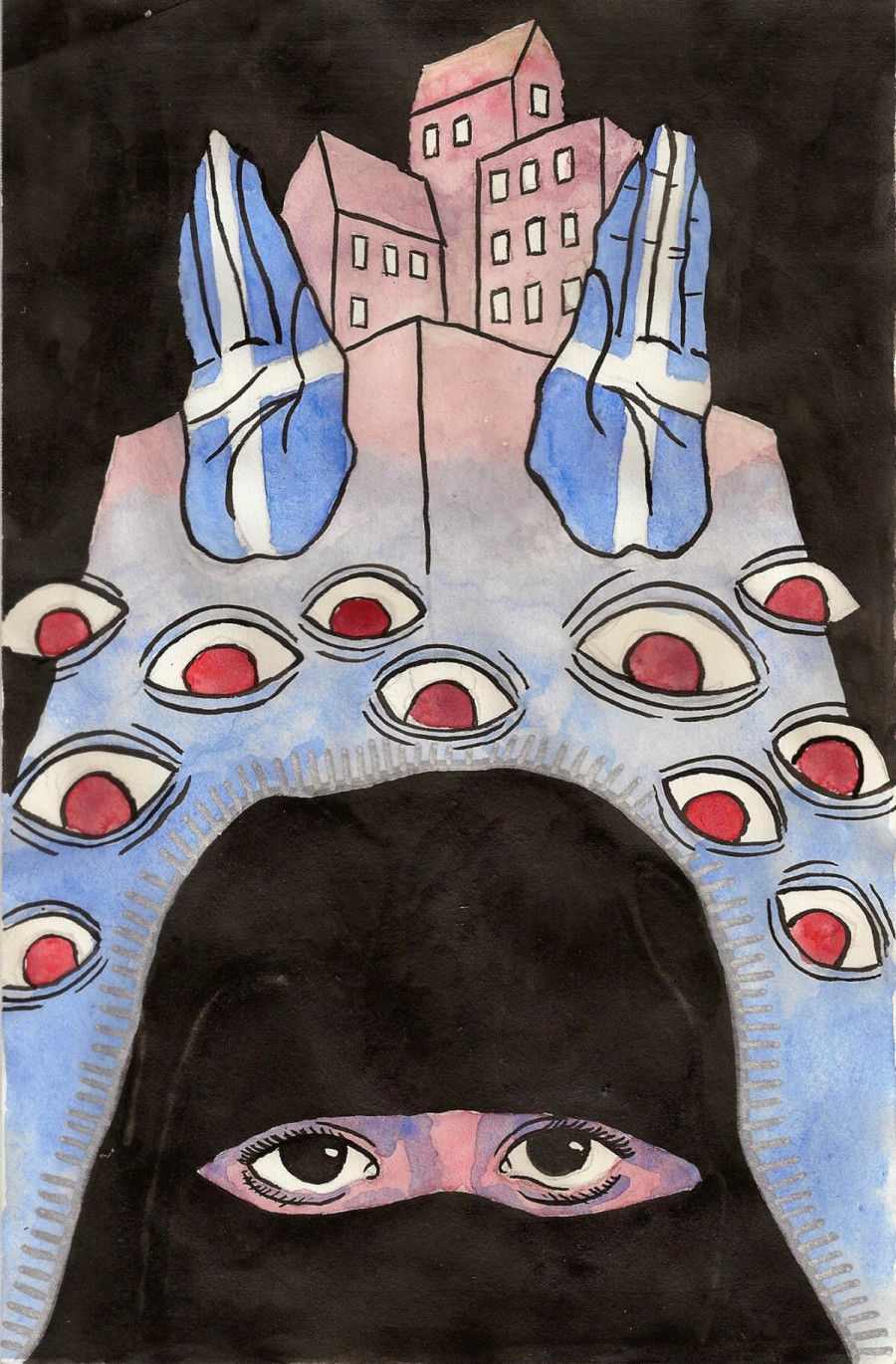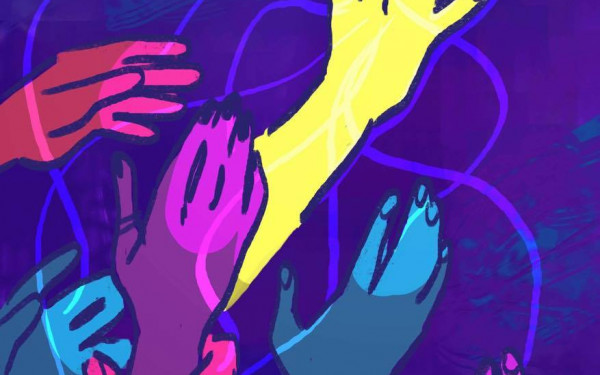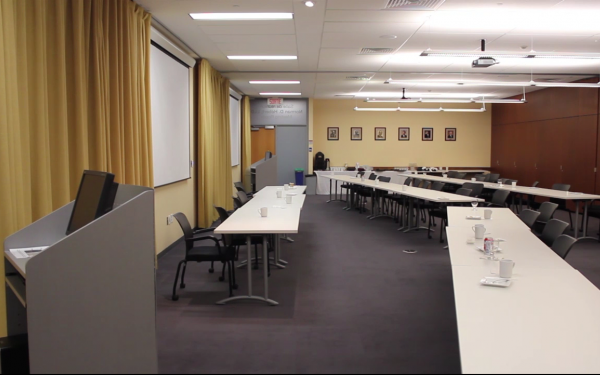Concordia Teaching Unions Say No to Enforcing Bill 62
University Also Releases Statement Valuing Diversity
Professors’ unions at Concordia say they aren’t enforcing Bill 62, the provincial law which bans people wearing face coverings from receiving public services.
President of the Concordia University Part-time Faculty Association, Robert Soroka, said that the association has sent out emails to all their members on Thursday recommending that teachers don’t enforce the new law.
The email reads that “to deprive any student of the services (s)he has paid for is a violation of both the professor’s contractual obligation and [CUPFA’s] Collective Agreement.” It also highlights that there is no provision in the law, or in the union’s collective agreement, requiring that teachers to deny service to students for covering their face.
Bill 62, which passed on Oct. 18, has been named a religious neutrality bill, but critics have called it out for specifically targeting Muslim women, since some choose to wear the niqab or burka as part of their religious practice.
CUPFA’s statement comes amid questions on how the law will be enforced. So far, no specific enforcement mechanism has been included in the text of the law, making it unclear whether teachers will be expected to deny teaching or other services to Muslim students who cover their face.
The union’s statement accuses Bill 62 of of being “the opposite” of its intended purpose as a religious neutrality bill, in that it relates to face coverings rather than religion. It also highlights the fact that various organizations are considering constitutional challenges against the law.
The union “staunchly defends the rights of its members. At the same time, CUPFA also respects the rights of our students. To this day there is no instance in the history of our organization where these tenets were in contradiction.”
Concordia President Alan Shepard also released a statement about Bill 62 on Wednesday. It was the first statement made on the university-level about the law.
“[Bill 62] may effectively limit academic freedom and access to education,” the statement says. “Concordia already adheres to all of our legal obligations regarding the fundamental rights protected by Quebec’s Charter of Human Rights and Freedoms.”
The statement does not say, one way or the other, whether or not the university intends to change its internal regulations to conform with the law once the details of enforcement are released. When asked, university spokesperson Mary-Jo Barr would not elaborate on the statement.
This announcement comes on the heels of a public statement by Concordia’s History Department which denounced the law in strong language on Oct. 20.
“[Bill 62] discriminates specifically against one group, Muslim women who wear face coverings, and this discrimination is by no means necessitated by public security or any other cogent reason,” the statement read.
It also announced that the faculty had unanimously voted to refuse to uphold Bill 62, and encouraged professors in that department to read the resolution out loud to classes at the beginning of every semester. It went on to call on other representative bodies at the school to take a similar stand.
While the History Department’s unequivocal condemnation of Bill 62 is unique, other associations representing classroom authority figures have also stressed that they are not upholding Bill 62.
Ted Stathopoulos, president of the Concordia University Faculty Association, said that while CUFA has not explicitly taken a position on the law, the union has not directed its members to enforce it. CUFA represents full-time professors at the university.
“The way [Bill 62] reads right now, in my view, it’s inapplicable,” Stathopoulos said. “You can’t force university professors to do that, it would violate academic freedom.”
Stathopoulos said that CUFA doesn’t intend to take an explicit stance on Bill 62 until further details are made public about how the law is meant to be applied. He also stressed that the administration has not asked any teachers’ association to change their behaviour inside the classroom.
Striking a similar tone, Alexandre St-Onge-Perron, president of the Teaching and Research Assistants at Concordia, said that TRAC has not taken a specific position on Bill 62. He stressed, though, that the union would defend any member who was targeted by the law in any way.


_600_832_s.png)




